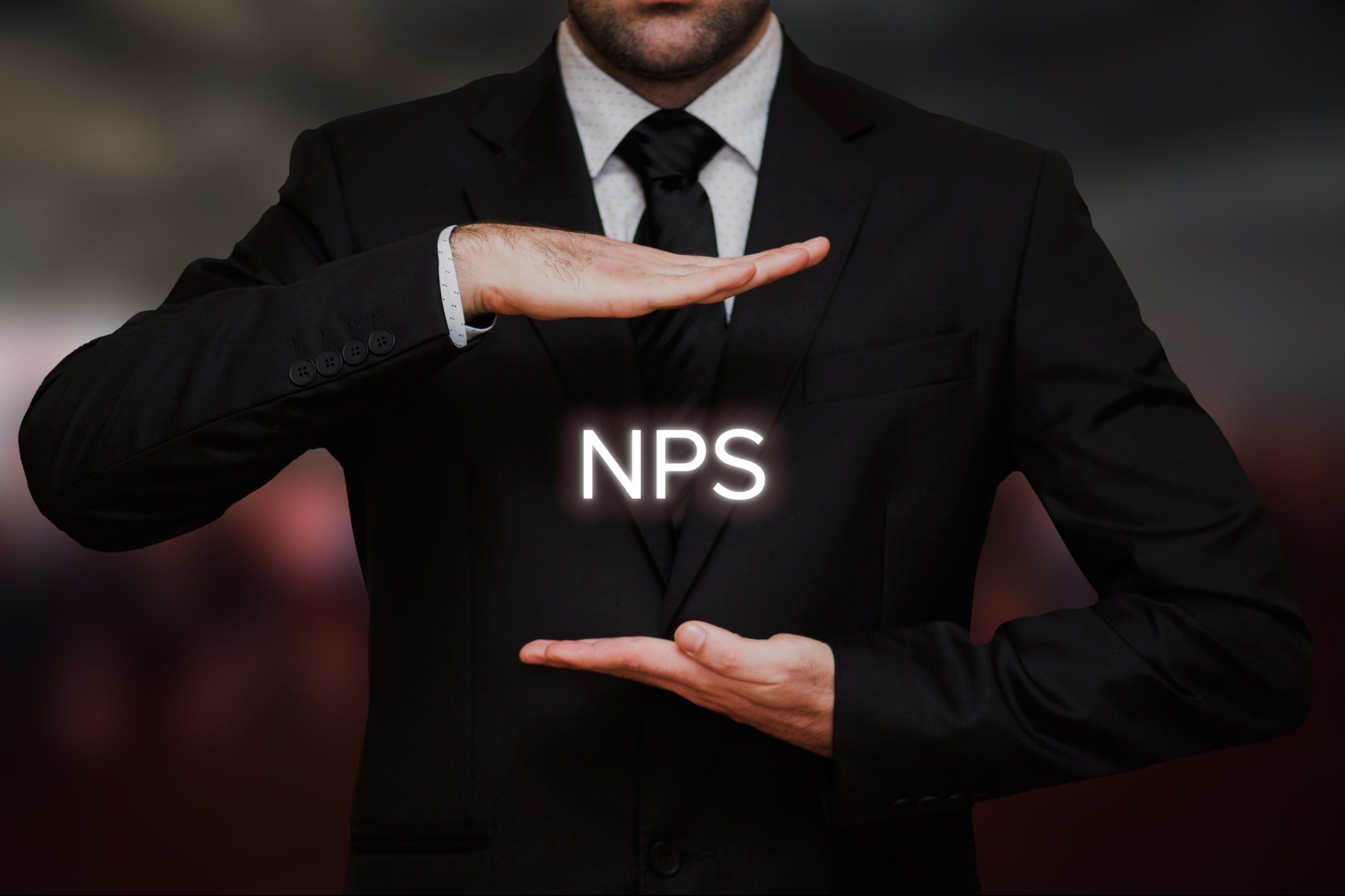Your Net Promoter Score Is Vital to Your Business. Here's What It Is and How to Improve It. In this modern age, there's no excuse for a bad net promoter score.
By Sumit Aneja
Opinions expressed by BIZ Experiences contributors are their own.

On any business day, you can feel like your company is doing awful or great. But because feelings are subjective even with past experience in your court, the only way to really know what is happening and lay a clear course for the future is by analyzing metrics as objectively as possible. Of all the numbers you could measure, your net promoter score is arguably the most vital.
Related: The 5 Key Metrics Every Business Needs to Track
What is your net promoter score?
Net promoter score (NPS) is a specific metric that assesses how likely it is for your customers to recommend your company or individual products to others. To calculate NPS, subtract the percentage of people who wouldn't recommend you from the percentage of people who would.
How does NPS connect to growth?
Loyal customers directly drive growth by making referrals and bringing in new buyers. So, the higher your net promoter score is, the likelier it is that your company is on the right track for bigger success. In fact, businesses with the highest NPS consistently grab the biggest growth shares for their industries. Research also indicates that simplifying customer surveys down to NPS might be the best way to predict whether you're going to expand over time.
NPS as an outcome of customer experience
Customers do not become loyal and bring in new business for you if they have poor experiences. Issues such as cart abandonment, inventory shortages/delays or failed transactions can all give people a negative impression and decrease satisfaction. NPS usually goes down when this happens. So, looking at your NPS as an outcome or consequence is the best way to figure out if problems are occurring.
What to do to improve your NPS
NPS is just a diagnostic snapshot measurement of your brand health, not a prescriptive one. You need to dig deeper to determine exactly what needs to change for your business to improve. This is where analyzing other outcome metrics, such as conversion or customer effort, becomes so valuable. Targeting any of these areas through the entire customer journey can pinpoint the rough spots you need to address. With a clear plan to smooth out those areas, you can generally give your NPS a boost.
What causes trouble for customers isn't necessarily static over time, so analyzing your metrics needs to be a routine process. Capturing this data often means that you can find correlations between other activities or events and your NPS. Those correlations can help you rationalize your results, make better decisions for mitigating future risks, and pivot in whatever ways are necessary to give your customers what they want.
Some metrics, such as units sold, are easy to grab internally. But NPS requires you to get feedback directly from buyers and close the customer feedback loop. Surveys are an efficient way to do this, and NPS requires just one survey question (i.e., "How likely are you to recommend?"). The close of a transaction or interaction is a great time for you to make this inquiry. But you can also include the NPS question as part of other strategies, such as interacting with customers on social media.
Once you have your NPS feedback, a more sophisticated NPS calculator like the one from Voxco can not only do the math for your NPS score but also let you select your industry and see how you stack up against your competitors.
Because NPS is a reflection of so many points, see it as part of your broader customer experience strategy. A good customer experience strategy hub that has information and other resources all in one place can be helpful in achieving successful overall customer experience management.
Related: Customer Support Is More Than High Scores
One score, no excuses
Net promoter score is a very efficient diagnostic tool available to determine whether you need to do further analysis and initiate changes to your company. Requiring just one question, it is a number you should calculate regularly. Experts can help you perform your evaluation if needed, so get feedback for your business and improve your NPS as soon as you can.











